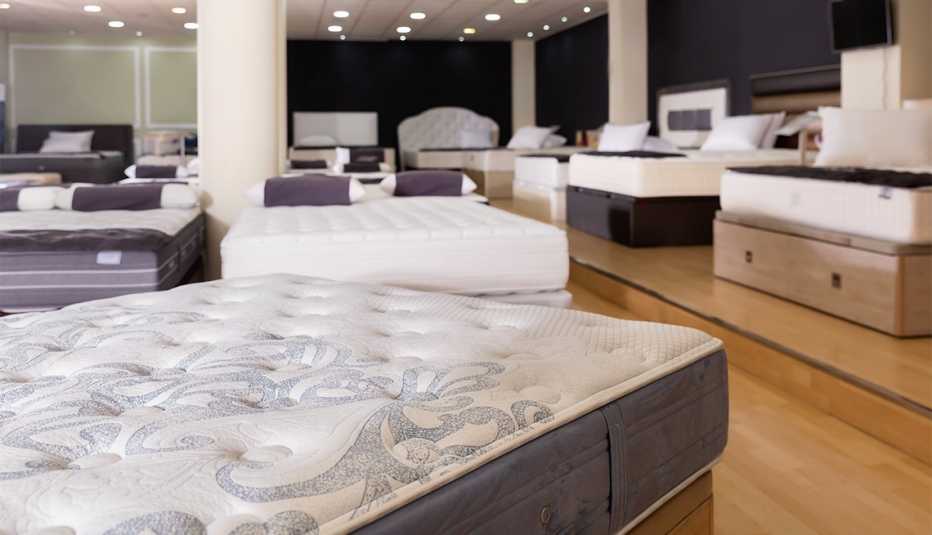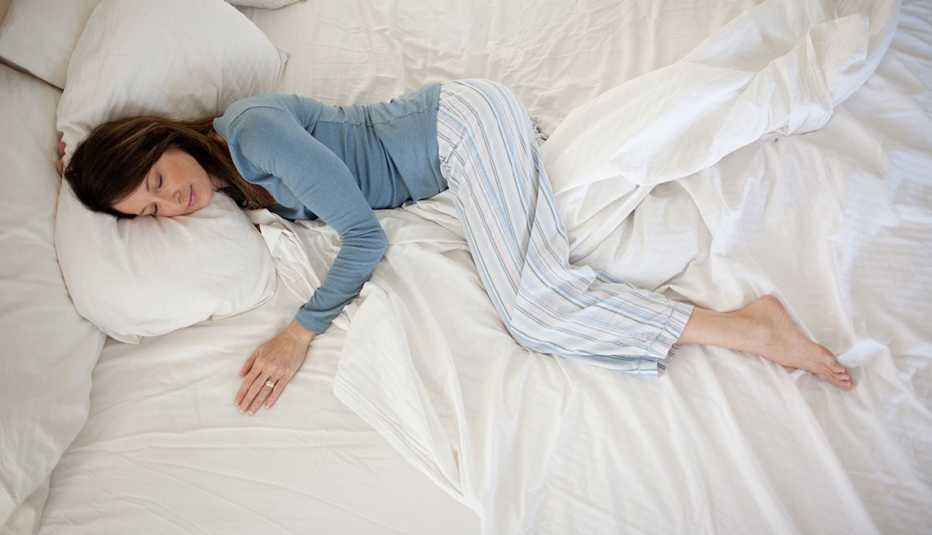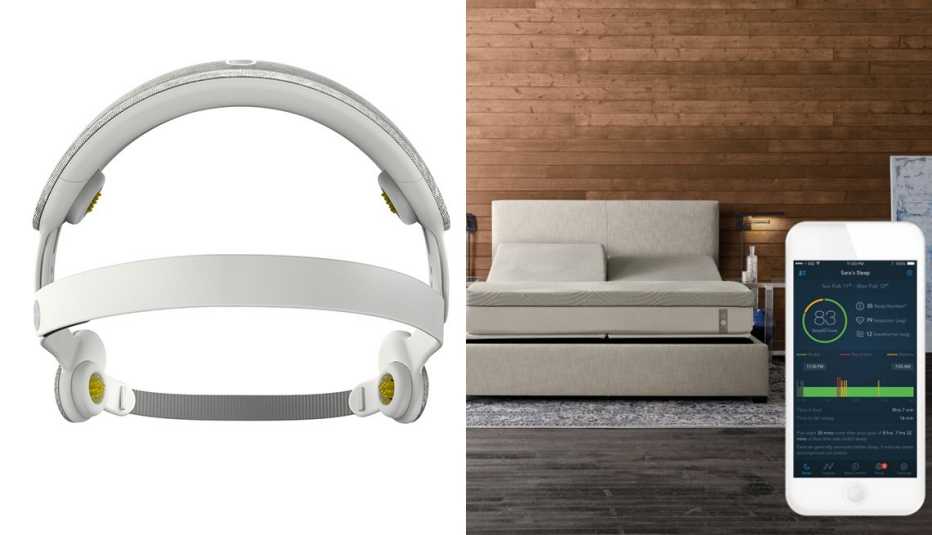Staying Fit
In any given year, if you're an eight-hour-a-night sleeper, you'll log about 2,920 hours in bed — nearly 122 days. And in 2020 you may have spent even more time on your mattress — working, attending school or watching movies. The bedding industry saw a huge uptick in sales during the pandemic, everything from mattresses to adjustable bases, pillows and sheets.
A good mattress is a lifeboat carrying you from one day to the next, and the average mattress lasts seven to 10 years (a high-end mattress like a Tempur-Pedic may hold up for 15 years). If you love your current mattress, you can try to find the same one and purchase it again. But mattresses are like snowflakes; each one will be different. Plus, mattress retailers often sell the same mattress under different labels.


AARP Membership— $12 for your first year when you sign up for Automatic Renewal
Get instant access to members-only products and hundreds of discounts, a free second membership, and a subscription to AARP the Magazine.
There are dozens of mattress brands that promise to deliver on quality, comfort, durability and longevity. If you want the inside scoop on good, better or best options, go to an independent review site like SleepLikeTheDead.com, TheMattressUnderground.com or GoodBed.com. Or you could get a subscription to Consumer Reports.
When you're ready for your next mattress there are a couple of ways to go about it: try-then-buy from a mattress store, purchase online, or test mattresses out at a hotel. Each method has its pros and cons.
1. Try Then Buy
Pros: A 2020 Civic Science survey of 3,533 people found that even during the height of the pandemic, in October, 60 percent of respondents planned to purchase a mattress by visiting a mattress store and testing options. In fact, older consumers were even more inclined to want to buy a mattress in a store: 67 percent of those 55-plus said that was their plan, according to the survey.
Is it important to lie on every mattress before you purchase? “I would say it's important to know whether you like foam or innerspring or adjustable air, and if you're switching from one to another, to make sure you like the sensation,” says Haniya Rae, a Consumer Reports home editor, adding, “You should also notice how easy it is to move around and how bouncy a mattress is.”
Usually, a retailer will remove your old mattress when they deliver a new one. In fact, in California, retailers are required by law to take away your old mattress. You could donate or sell a mattress that's in good condition. Or, you may live in an area where an organization like ByeByeMattress will haul it to a recycler for a fee (the same fee is tucked into the cost that the retailer must pay, anyway).





































































